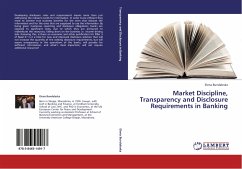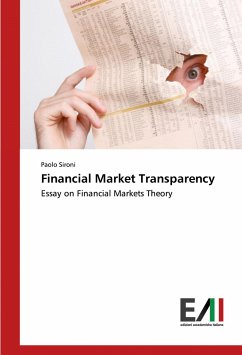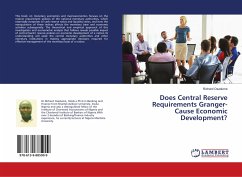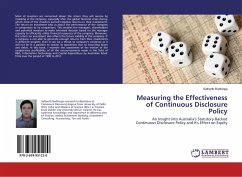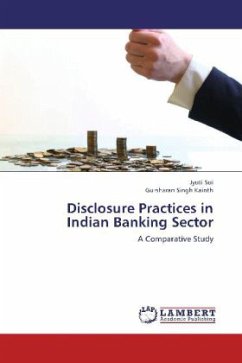Developing disclosure rules and requirements means more than just addressing the relevant needs for information. In order to be efficient they need to achieve true business benefits for the ones that disclose the information and for the ones that are supposed to use the information. By being given numerous reporting and disclosure obligations, banks are exposed to significant costs, due to which they are pressured to redistribute the resources, falling short on the business i.e. income driving side. Knowing this, is there an economic and other justification for Pillar 3 of Basel II? Is it a time for new and improved disclosure solution that will not increase the quantity of the existing disclosure requirements, but will assure transparency in the operations of the banks, will provide for sufficient information, and what s most important, will not require additional resources?

